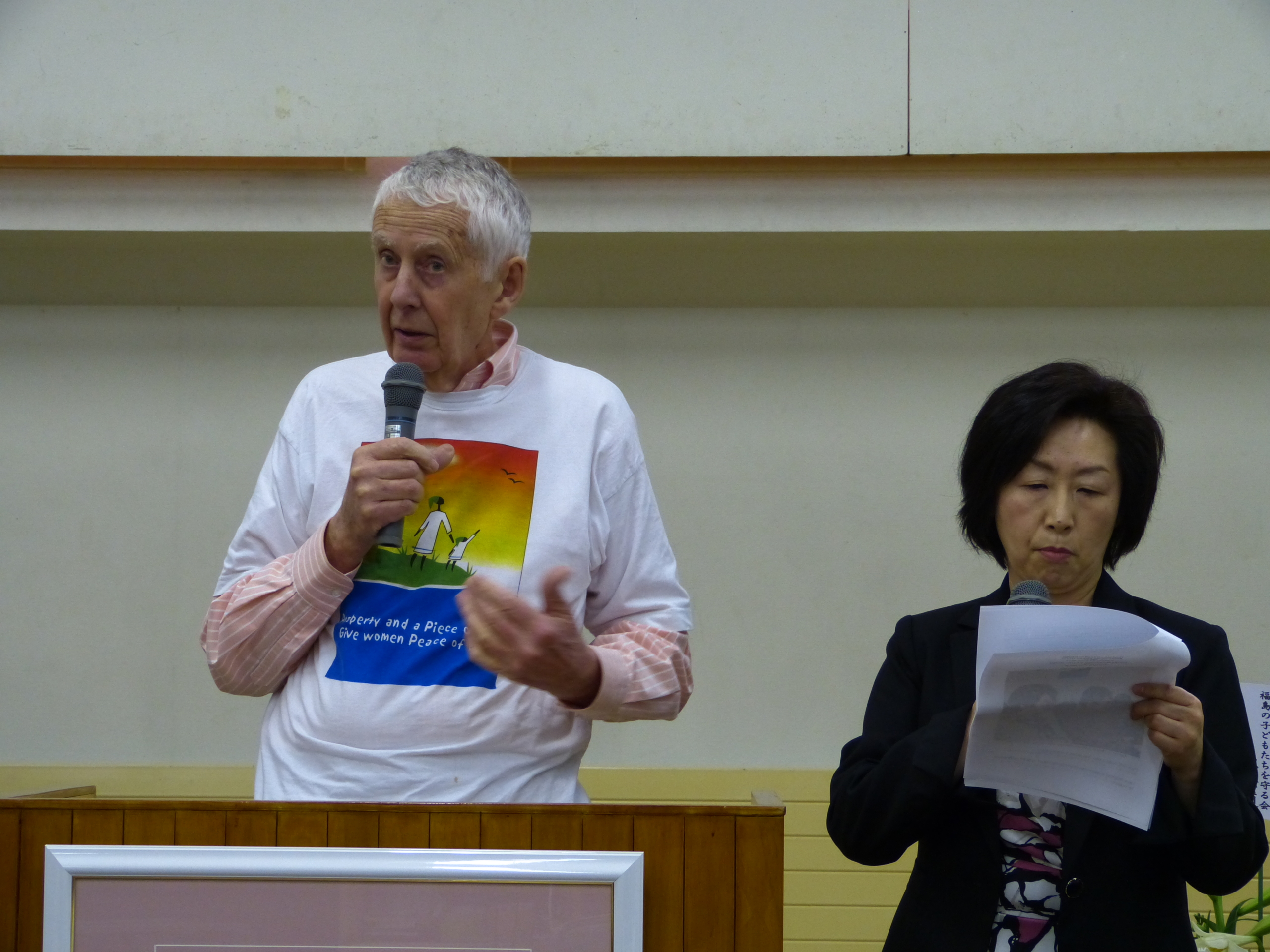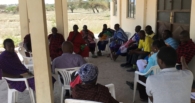Remembering Patrick McAuslan
Elizabeth Daley
17 January 2014
/
- 0 Comments
Advocates for more secure land rights for the poor and vulnerable are a diverse and disparate group and not always of one mind on how to achieve their objective. Nonetheless, in January 2014, we were all united in mourning the sudden and unexpected loss of a much loved and respected mentor – Professor Patrick McAuslan. Even those who from time to time may have criticised his legal drafts could not deny his generous spirit and scholarship. As Ambreena Manji writes, ‘East African land law has lost its foremost scholar and advocate at a time when his knowledge and humanity are most needed.’
By 2011 and in his mid-seventies Patrick had spent 50 years teaching and researching land and urban planning law, beginning in Dar-es-Salaam in 1961, later at Warwick University and finally at Birkbeck, London University, where his ‘Odyssey’ was celebrated by his colleagues in January 2012. Among the many achievements of his work highlighted was his role, as Liz Alden Wily described it, in ‘limiting legal land theft in Africa’ through his legal drafting work, especially during the African land law reform processes that began in Tanzania and Uganda in the 1990s.
But Patrick did not ‘retire’ in 2012 after Birkbeck’s celebration of his work. There was so much still to be done. He had been unwell in the summer of 2013 and was understood to be ‘resting’ at home in Leamington and finalising his latest critical analysis: Land Law Reform in Eastern Africa. Patrick told Robin Palmer that he had enjoyed writing it ‘which is half the battle’ and that it was: ‘in many respects the culmination of a working lifetime’s commitment to grappling with the endlessly challenging and fascinating topic of land law in the region.’ Robin concluded his review of Patrick’s book for African Affairs that: ‘this reader really appreciates that he has finally found the time to share that commitment.’
In late November 2013, Patrick was attending a conference on law, justice and development in Washington. He was seeking a publisher and planning his next work about the urgent need for the radical reform of urban planning law to address the legitimate needs of the urban poor, for too long ignored by colonial and independent governments. He saw growing urban inequality as a major threat to democracy and civilisation. In early December 2013, he was abroad again on a consultancy assignment in Kuwait, from where he returned home shortly before Christmas, but this time gravely ill, not to set forth again.
For Mokoro and other firms for which he worked as a consultant, Patrick was hugely appreciated. In addition to its serious purpose, he saw consulting as part of his life’s voyage of discovery and also a way of meeting up with his old students, some of whom had risen to senior positions. Whenever possible, he was joined by his charming Jamaican wife Dorrette, a gifted photographer. In this way, visits abroad were extended for a few days, perhaps as compensation for what he described as ‘my absences abroad and my absences at home – when writing’. But there were times when assignments were not a pleasure or plain sailing, when he came up against officials who did not share his understanding of people’s entitlements. On these occasions, he was not afraid to walk away and refer after several years to a difficult encounter in a publication in order to illustrate that ‘land reform involves much more than land-law reform, reform of land relations or the facilitation of a land market. It goes to the heart of governance, and a failure to focus on that will likely undermine any good intentions ’ (see A Narrative on Land Law Reform in Uganda).
Patrick was also a strong advocate for women’s land rights, penning ‘Personal reflections on drafting laws to improve women’s access to land: is there a magic wand?’ for a Journal of Eastern African Studies special issue on ‘Securing Women’s Land Rights’ in March 2010. He gave of his time in 2008 to help Birgit Englert and Elizabeth Daley promote their book, Women’s Land Rights and Privatization in Eastern Africa, with a memorable presentation on his experiences trying to legislate for women’s rights to land at the Royal African Society’s London book launch. Esther Obaikol wrote to members of the Oxfam women’s land right listserv after hearing of Patrick’s passing that he ‘shaped the land discourse in Uganda.’
Patrick was a truly great man who leaves behind a remarkable legacy. He was also a true gentleman, good-natured, good-humoured and humble. Thus he concluded a ‘lessons learnt’ piece ‘Emergency Lex – and other improbable tales from the law zone ’ with these words:
‘My last lesson is this and it is perhaps the most important:
There is always more to be learned; never think you know it all. Wherever you work and whoever you work with, you can always learn from them as they will have had experiences you have not had and they will have an understanding of their own country and its problems that however much reading you do you will never be able to come close to. You may be a consultant but you are still and always a student.’
You must be logged in to post a comment.



